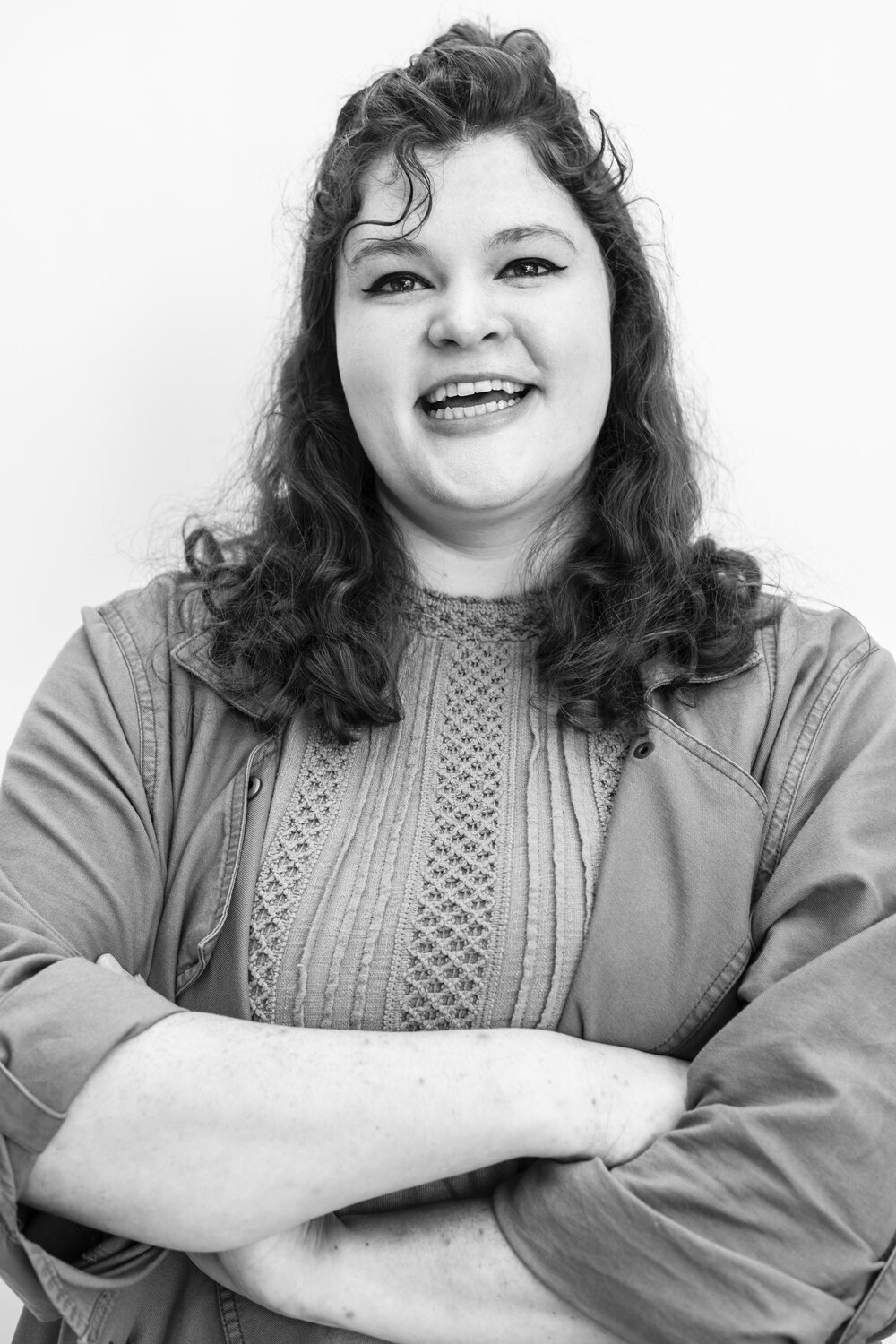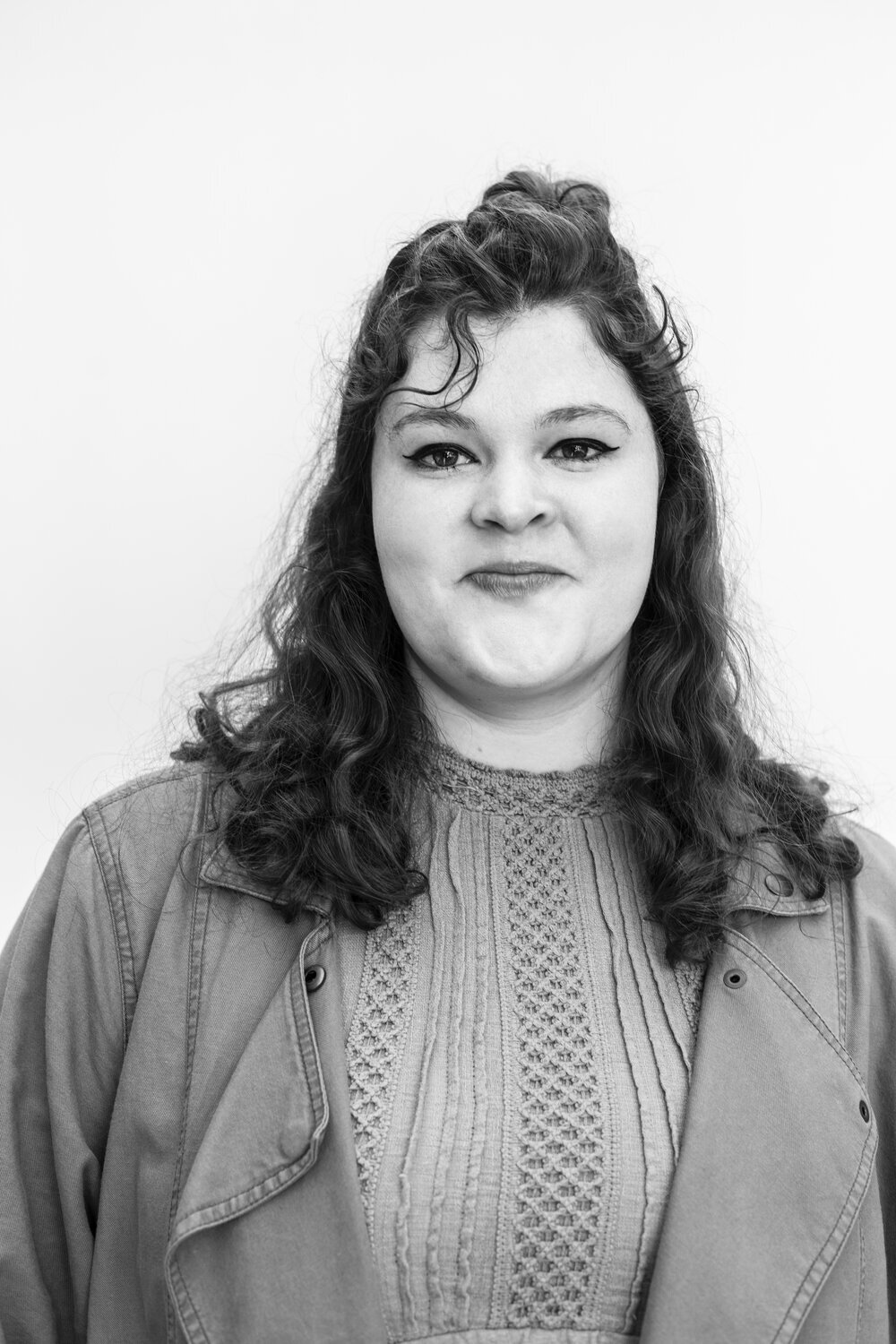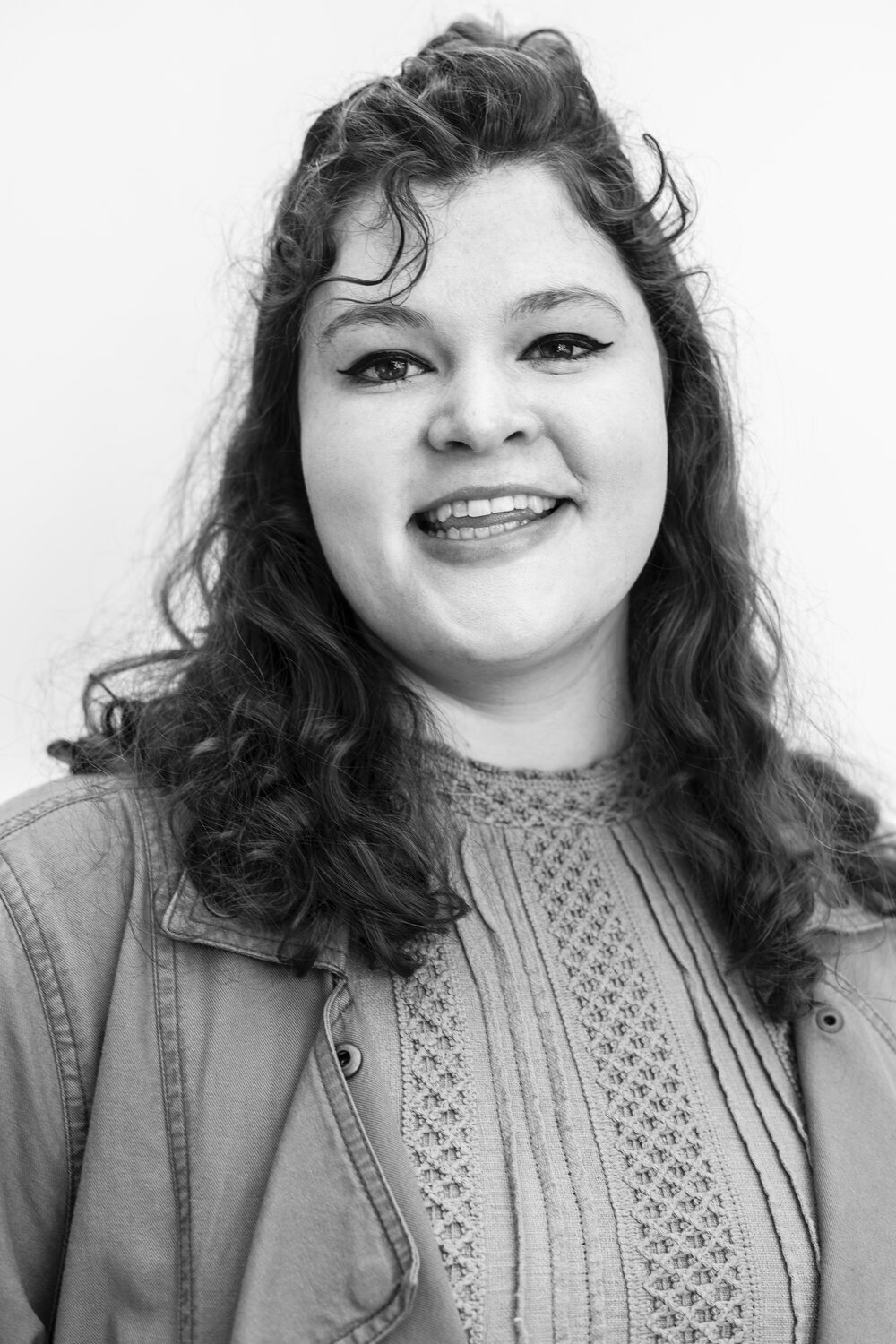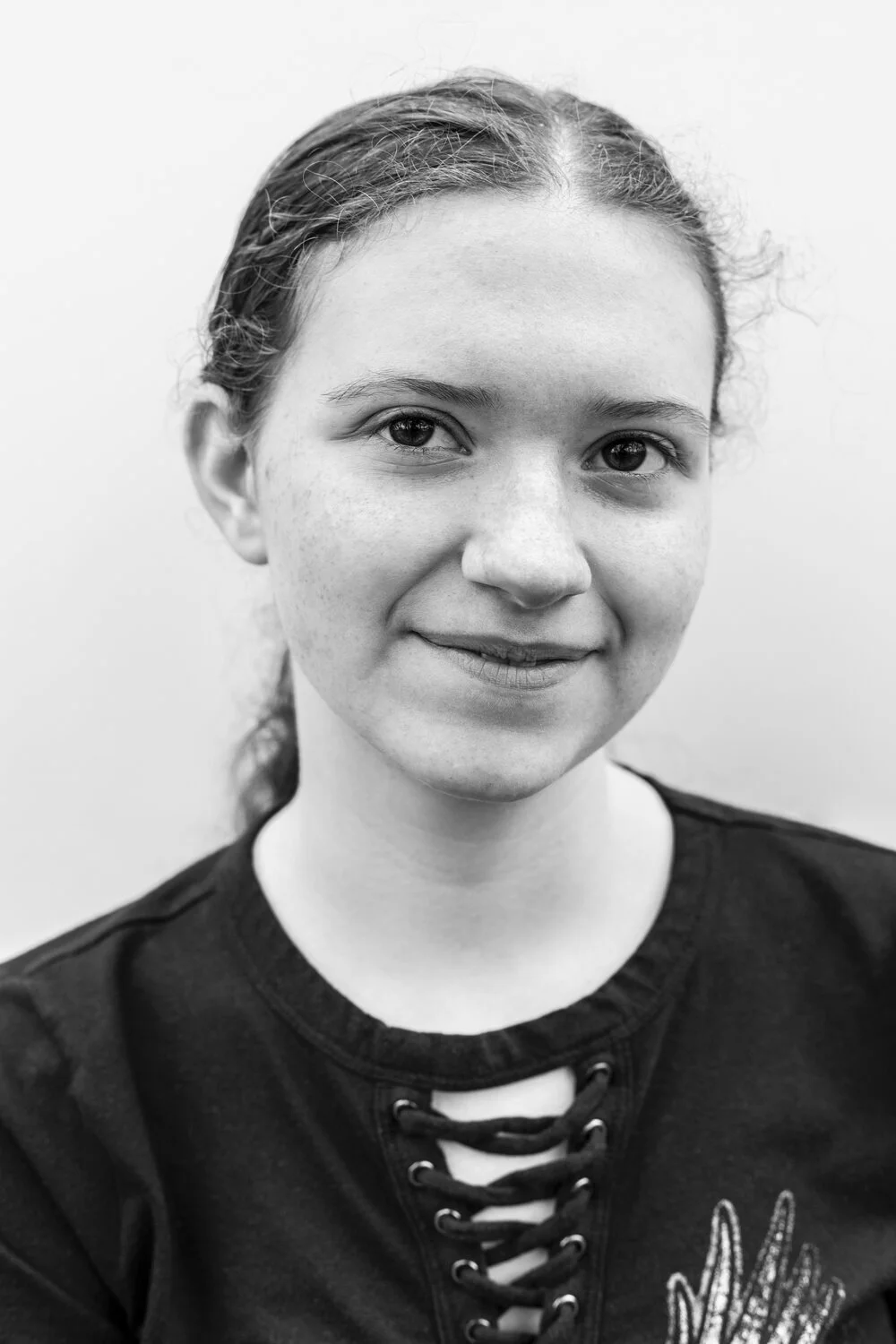KELSEY
CALIFORNIA | SERIES # 4
Growing Up Bi
I lay in bed, staring out my window into the blackness with the same thought running through my mind and quickening my pulse, was I a lesbian?
My best friend at the time was sleeping in the bed next to me. I could feel the rise and fall of her ribcage. She was sound asleep. That single question ran over and over again until I forced myself to stop. I couldn’t be a lesbian, as much as I knew I was attracted to my friend, I also knew that I was attracted to other boys at school. In my rather conservative Christian family, being straight was the only option. I knew that from a very early age because we were not allowed to watch Modern Family and being gay was only ever brought up as a joke. I knew from my private school and the church we went to that only straight relationships were good in God’s eyes. I also knew the kids at school did not take kindly to anyone who was different. At the ripe old age of eleven or twelve, I told myself I would never let that question enter my mind again.
“I kissed a girl just to try it, I hope my boyfriend don’t mind it.” - Katy Perry
My friends and I were shouting these lyrics in the back of the minivan, I looked out the window and wondered for a fleeting second why it didn’t seem like a phase for me, before quickly reminding myself not to think about it. My friend elbowed me, and I started singing again. They all seemed okay with the song and the implication. Maybe different was just a phase, I weakly tried to convince myself.
“What do you guys think of marriage equality?” It wasn’t unusual for my friends and I to discuss social issues over lunch in high school. A very religious girl whose father was a pastor answered my friend’s question, “I’m fine with it unless my dad is forced to do the ceremony. It’s against our religion. Isn’t the union thing good enough?”
A week later, we had a debate on the topic in my government class. Everyone was asked to go to one side of the room or the other, with one side representing pro‐marriage equality and the other side against. I stood in the middle and watched most of the people I was friends with walk to the against side, loudly claiming their religious right to be opposed. I dutifully followed them and kept quiet.
I did not know a single out LGBTQ person in high school. The GSA group consisted of a handful of students and I did not know any of them. My one close friend who would later come out as gay in college, was treated horribly by other boys at school. We never talked about our sexual orientations.
I never once let myself think about women sexually for more than a millisecond, and I kept most of my friends at arm’s length to ensure that no one would ever inquire further. It was relatively easy in the sheltered, mostly Christian setting that I grew up in. Convincing myself that religion had to be right, and therefore everyone around me was right too, was not difficult. I wanted nothing more than to feel accepted as I was. At the same time, I knew I was not a lesbian – I was attracted to men as well. I had no idea what I was, just that I was different, and I had to hide that.
I had never heard the word bisexual until college. Not once. I watched shows like Glee, with prominent gay characters and characters who have relationships with both men and women, but those characters were never labeled, and their relationships were often framed as experimentation or a fleeting fling. In college, it appeared suddenly. I read it in articles and heard the full acronym LGBTQ being used more and more frequently. I now knew that the ‘B’ stood for bisexual, and that it was a label for someone who experienced attraction to people regardless of their gender.
As I was getting dressed one morning in our little Cuban hotel room, my roommate mentioned that another person in our study abroad group thought I was a lesbian. That was the fourth or fifth time I had heard of someone speculating about my sexual orientation. I fumed about how people used that as an insult and whispered about it behind my back. I was frustrated because I could not find the words to tell her or anyone else that I wasn’t one or the other, I was bisexual.
“I’m bisexual.” When I finally said it out loud, it sounded a lot more casual than I thought it would. I told one of my close friends, a lesbian woman, who had asked. She was nonchalant about it, and that soothed my nerves as I wiped my sweaty palms on the blanket in my lap. I couldn’t believe I had finally said it out loud.
Throughout college, as I grew and matured as a feminist woman, I was friends with a more diverse group of people than I had ever been before. Some of my closest friends were members of the LGBTQ community, but I did not know any bisexual people. I cloaked the new knowledge that my sexual orientation had a word. I volunteered at an LGBTQ youth center and spent time in the LGBTQ resource center on campus. Gradually, I overcame the internalized homophobia that I had weaponized against myself, culminating in those two words that took me 21 years to find and say.
I still live a kind of double life. I am out to my friends, but not to my family members. I am aware that I will never really be past the coming out process because every new relationship is going to require some version of that conversation. Despite my best intentions, no matter what I tell people, there are both straight and gay people who will never be comfortable with the fluidity of my bisexuality. I do not think I will ever be able to explain it to those I love in a way that will satisfy everyone. Human tendency is to put things in neat boxes and the prevalence of bisexuality as a phase in pop culture (back to “I kissed a girl just to try it”) does not help the pick‐a‐side, it’s‐just‐a‐phase narratives.
I do not have to explain it. I spent 21 years trying, and I think that’s more than enough. It isn’t easy. It won’t ever be easy. But this is me, and that is enough. If there was one thing I wish I could tell all the young, closeted bi+ kids out there, it would be that it is okay to embrace yourself, that living outside of boxes is beautiful and that your identity is absolutely valid.









